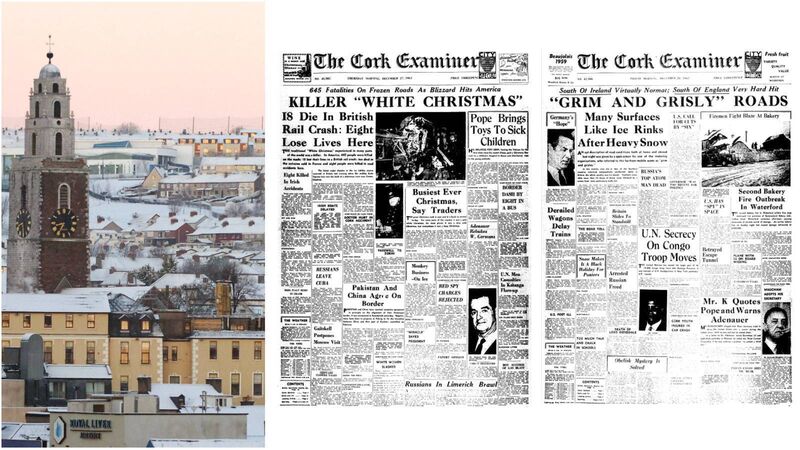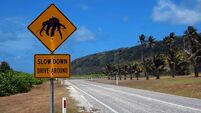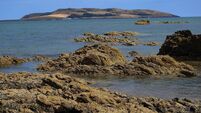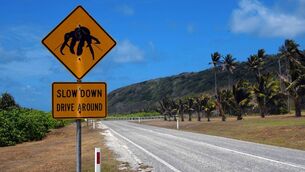Donal Hickey: Was this the worst year ever for blizzards and snowdrifts in Cork and Kerry?

Snow in Cork in recent years. But 1962 was a bitterly cold winter with much disruption caused by blizzards and snowdrifts
Sitting around firesides during the festive season, people of a certain vintage like to chat about harsh, chilly weather in winters past — compared to excessive rainfall and higher temperatures nowadays, as we saw in November for example.
Before climate change, Ireland was virtually guaranteed lengthy, cold stretches, especially in January and February, with the ground white with frost and the night sky bright with stars. Crisp, freezing weather often lasted several weeks, but the winter of 60 years ago has long gone into folk memory.








